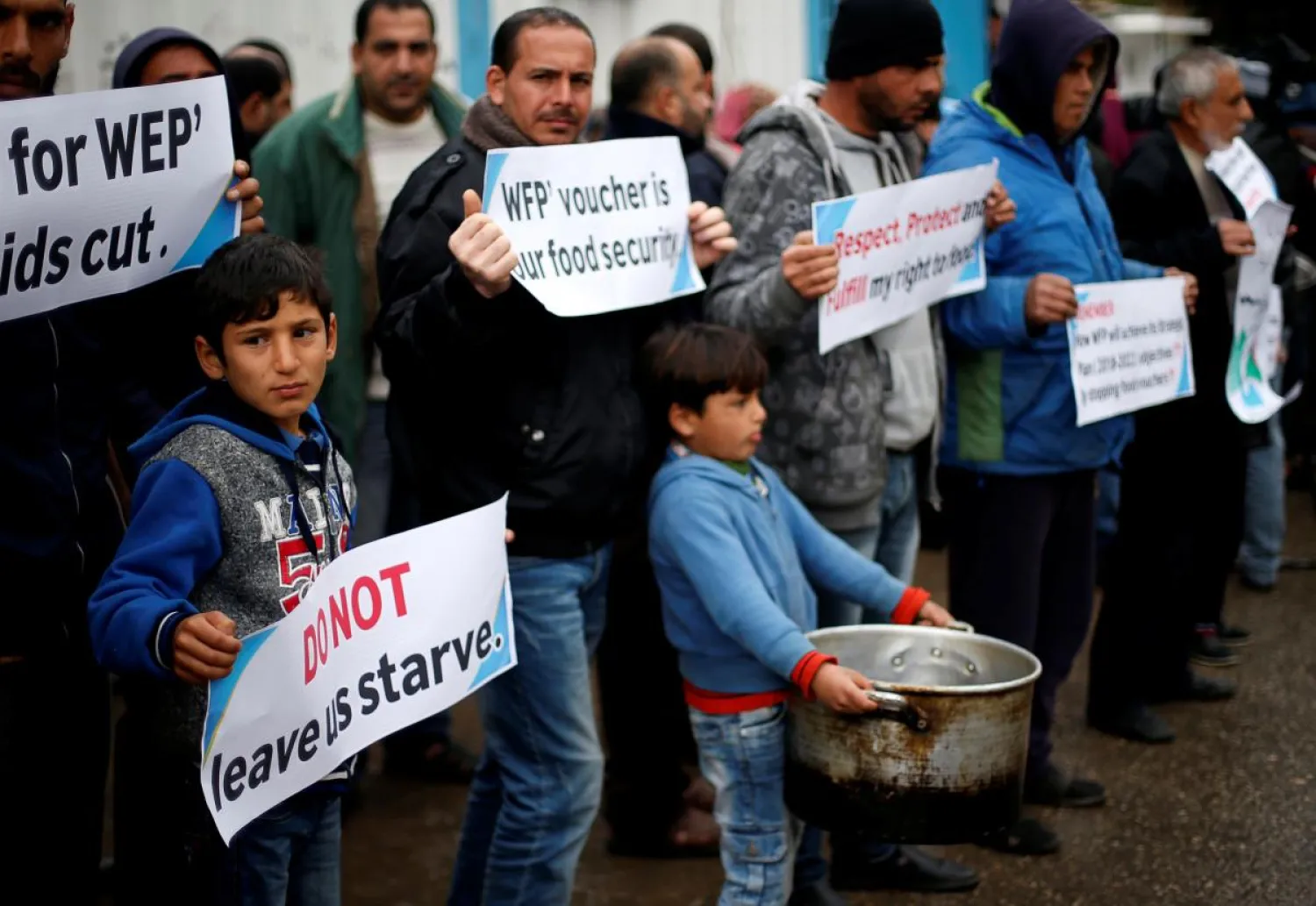UNRWA has announced that it would maintain the main services provided to Palestinian refugees, but would cancel various programs in the West Bank and reduce them in the Gaza Strip, in the first official response to accusations against the UN agency about sacking hundreds of employees.
In a statement on Tuesday, UNRWA Spokesman Sami Mshasha said the agency was determined to maintain its core services to the millions of Palestinian refugees in Jordan, Lebanon, the occupied Palestinian territories and Syria, and would maintain, as far as possible, emergency assistance.
He noted that emergency assistance was severely underfunded in the occupied Palestinian territories, "as US donations for emergency programs (about $100 million a year) no longer exist, forcing us to take certain measures to deal with the situation."
The spokesman went on to say that UNRWA’s humanitarian responsibility required giving priority to the refugees who are most in need and the preservation of key services, including providing education, health and relief to millions of Palestinian refugees in need.
He added that a limited number of local and international employees would be affected by the new measures.
He also said that in the West Bank, the money-for-work activities would be suspended by the end of July, while the distribution of food coupons would be halted by year end, the psychological assistance program would be terminated at the end of August and work at the mobile clinics would be stopped end of October.
In the Gaza Strip, the international agency would continue its emergency food program and would maintain certain activities, such as money for work, with amendments to the community mental health program and the job creation program, according to the spokesman.
As a result of these measures, Mshasha said that around 154 employees in the West Bank, who have been employed under the underfunded emergency assistance program, would not have their contracts renewed once expired. In the Gaza Strip, around 280 employees would be redeployed to full-time positions in existing or revised posts, while part-time positions would be offered for around 584 staff members in existing posts or revised posts. About 113 contracts funded from the emergency budget would not be renewed.
UNRWA has suffered a financial deficit for years. But this year, the United States suspended its $300 million support for the agency, as a punishment for the Palestinians, resulting in a severe crisis.
On Monday, hundreds of UNRWA staff surrounded the office of Gaza’s director of operations, Matthias Shamali, and prevented him from leaving, protesting the new measures.
“UNRWA should find a solution to its financial problems that doesn’t involve sacking employees,” Amir al-Mishal of the UNRWA Employees Union in Gaza said at the protest.









